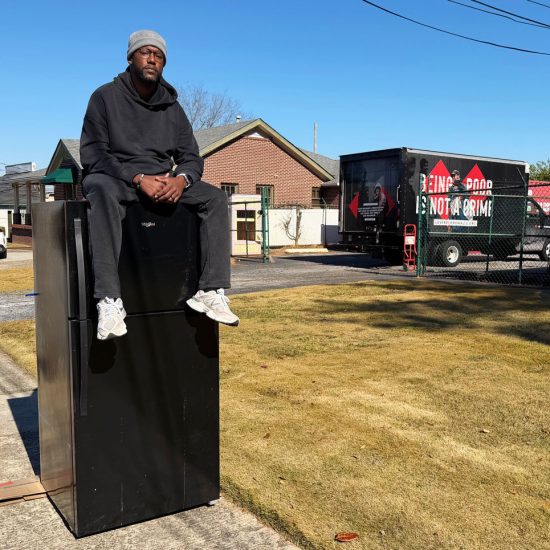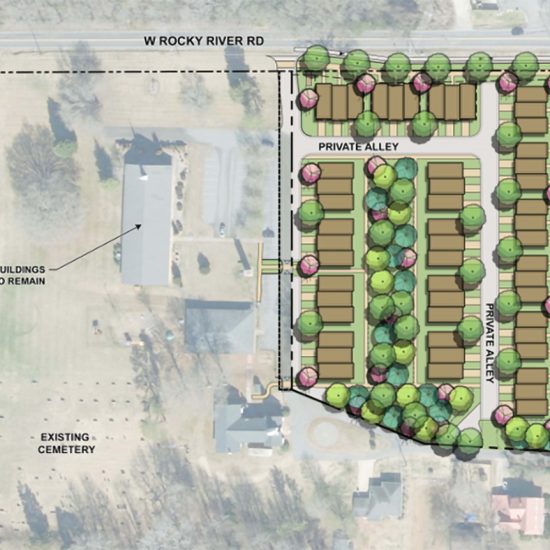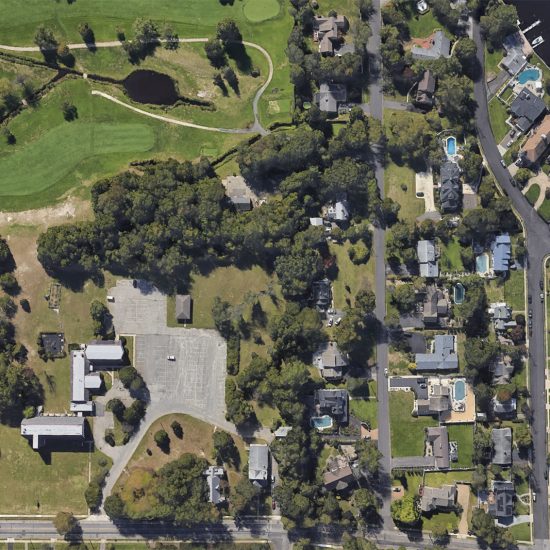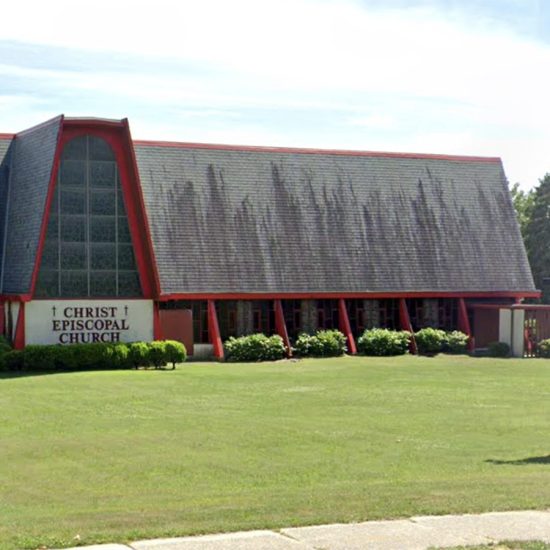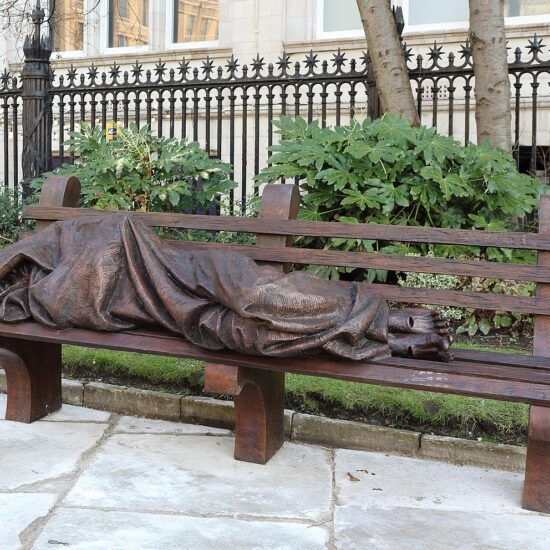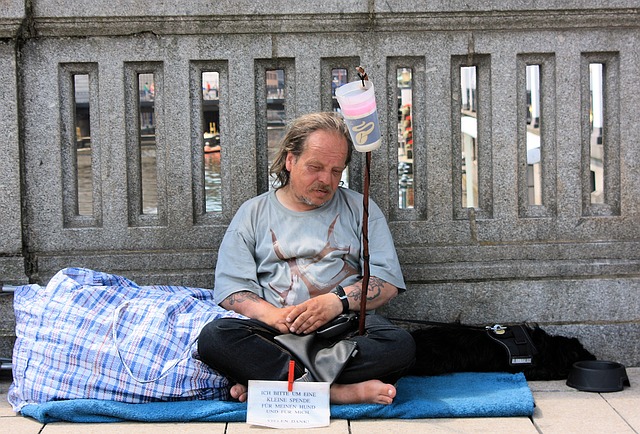
The number of people in the U.S. experiencing homelessness increased for the second year in a row, according to an annual U.S. Department of Housing and Urban Development (HUD) report released in mid-December 2018.
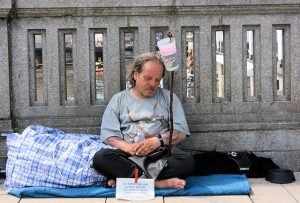
There was a 2 percent increase in those staying in unsheltered locations overnight in 2018, which accounted for the overall increase in homelessness. Pixabay
An estimated 553,000 people were homeless on a single night in 2018, an increase of 0.3 percent from 2017, and the second straight year for the survey to find an increase in unhoused persons.
The annual point-in-time estimates are conducted in the last 10 days of January each year, which “provides counts of beds in emergency shelters, transitional housing programs, safe havens, rapid rehousing programs, permanent supportive housing programs and other permanent housing.”
Despite the recent increases, homelessness in the U.S. has decreased 13 percent (approximately 84,000 persons) since 2010.
“About two-thirds (65 percent) were staying in sheltered locations – emergency shelters or transitional housing programs – and about one-third (35 percent) were in unsheltered locations such as on the street, in abandoned buildings or in other places not suitable for human habitation,” the report said of the 2018 survey data.
Those staying in unsheltered locations have decreased by 11 percent since 2007. Yet, there was a 2 percent (4,300-person) increase in those staying in unsheltered locations overnight in 2018, which accounted for the overall increase in homelessness.
The number of unaccompanied youth (age 24 or younger) sleeping in unsheltered locations (51 percent of all homeless youth) was significantly higher than the total homeless population surveyed.
Both families and veterans experiencing homelessness continued to decline in 2018. Family homelessness dropped 2 percent from 2017, and 23 percent from 2007 to 2018. Veteran homelessness declined 5 percent from 2017, and 49 percent from 2009 to 2018.
“It’s very clear that focus creates progress. We see the greatest declines among populations that have received targeted and sustained resources,” Nan Roman, president and CEO of the National Alliance to End Homelessness, observed in a Dec. 17, 2018, press release about the HUD report’s findings. “Now, we have to pay close attention to the populations where we’re seeing increases.”
“The solution to homelessness is housing,” she said. “And when the nation had an adequate supply of affordable housing, we didn’t have a homelessness crisis.”
A partial government shutdown has resulted in contracts expiring for 1,150 government-funded affordable housing properties. An additional 1,050 contracts will expire if the shutdown continues into February.
The Washington Post reported on Jan. 6, 2019, that HUD sent letters to properties whose contracts expired asking them to use any reserve funds available until the shutdown ends.
HUD published a contingency plan on its website, along with a note that the site would not be updated “until further notice.”
The full HUD report is available here.
This article originally appeared at EthicsDaily.com.

